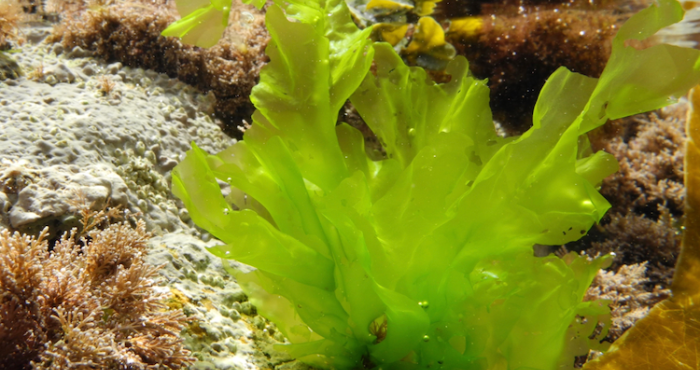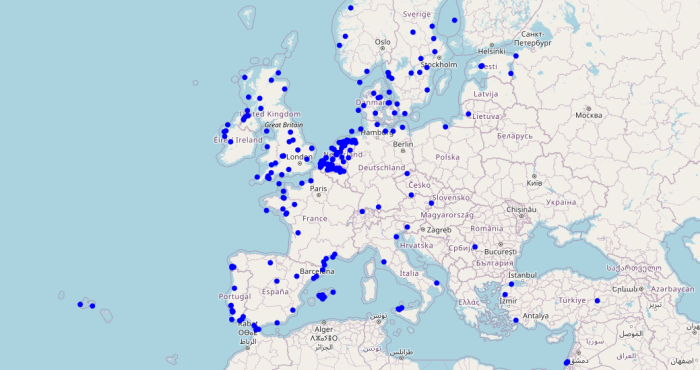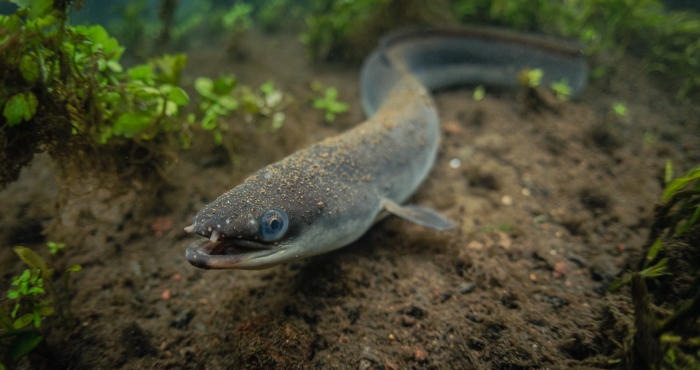WoRMS species counts revised!
Due to incomplete environment information, the counts of marine species in WoRMS were biased by entries lacking a “non-marine” flag. This has now been corrected.

Incomplete environment information is a historical artifact in the Aphia database, dating back to the European Register of Marine Species (ERMS) and the early days of the World Register of Marine Species (WoRMS), where only marine species were added to the Aphia database. There was thus no immediate need to fully complete the environment flags.
In recent years, large numbers of non-marine taxa have been added to the Aphia database. These additions of freshwater and terrestrial taxa allow global species databases to be managed in Aphia. In some cases, these non-marine taxa have come from rescued datasets, which would otherwise be lost.
Although all these taxa do receive the relevant environment information (e.g. Freshwater=yes or Terrestrial=yes), in many cases the marine and brackish environment flags were left to the default ‘unknown’ instead of ‘no’ or ‘yes’ (in the case of species occurring in multiple environments). Until now, all of these ‘unknown’ marine and brackish environment species were included in the ‘marine’ species count, as they were given the benefit of the doubt.
A technical improvement to the database now ensures that species with undocumented marine environment flags are no longer counted as marine species. This will thereby reduce the total number of accepted marine species by about 13,500, but provides a much more accurate number of existing marine species worldwide.
We encourage editors to check any of their species currently listed as ‘unknown’ and update the environmental flags, especially where Marine=unknown actually should be Marine=yes.
In recent years, large numbers of non-marine taxa have been added to the Aphia database. These additions of freshwater and terrestrial taxa allow global species databases to be managed in Aphia. In some cases, these non-marine taxa have come from rescued datasets, which would otherwise be lost.
Although all these taxa do receive the relevant environment information (e.g. Freshwater=yes or Terrestrial=yes), in many cases the marine and brackish environment flags were left to the default ‘unknown’ instead of ‘no’ or ‘yes’ (in the case of species occurring in multiple environments). Until now, all of these ‘unknown’ marine and brackish environment species were included in the ‘marine’ species count, as they were given the benefit of the doubt.
A technical improvement to the database now ensures that species with undocumented marine environment flags are no longer counted as marine species. This will thereby reduce the total number of accepted marine species by about 13,500, but provides a much more accurate number of existing marine species worldwide.
We encourage editors to check any of their species currently listed as ‘unknown’ and update the environmental flags, especially where Marine=unknown actually should be Marine=yes.



